
Retrospectacles was a series of articles I wrote in 2007 in which I looked back on some of my favourite retro gaming experiences. After describing my love for N64-era kart games, as well as the Grand Theft Auto games of the previous generation of gaming, I didn't have the inspiration to discuss other retro games in such a **** I informed you about some standalone ****cs in my Cult Games articles, but Retrospectacles itself went into hibernation in August 2007.
Now that the already dreadful year 2010 has been initiated, however, I thought it was time for a third article in this series. Maybe the last, maybe not. This time around, the subject is the Rampage series, an arcade ****c that got some ill-reviewed console-exclusive successors near the end of the nineties, and one more in 2006. In this article, I will tell you all about how I came to love these underappreciated gems.
Love at first fight
Back in the days when the only console I somewhat owned was the NES (it belonged to the entire family, basically), I had to resort to my cousins to experience the top notch of 3D gaming. Back in that era, this category consisted of such games as Super Mario 64, Diddy Kong Racing, and later, Ocarina of Time. Occasionally my cousins would rent a game to check if it was worth buying, because they were only a few years older than I was in those preteen days of mine, and they obviously didn't have a lot of money to spare, resort as they might to those **** jobs and chores you do when you're about 12.
They obviously were more critical than me, as I was fond of nearly every game that was halfway playable. Someone who's used to NES games just doesn't have very high standards. Mario Party was mercilessly rejected for being too kiddy (the age-old excuse), and there were some other games that I got to play sporadically until they were condemned back to the shelves of the video store that took care of game rentals by my ruthless relatives.
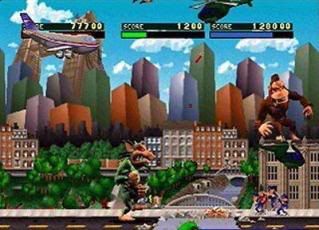
this could be any city really, but it doesn't matter as long as you destroy it
One of those games that left their Nintendo 64 forever after a few quick playthroughs was Rampage World Tour. I can fully understand why. It was in 2D (and apart from Jazz Jackrabbit, stylish 2D didn't exist in our minds) and monotonous as hell as you'd only knock down buildings. A primitive effort even by the largely unestablished standards of the early N64 days. But boy was it fun, at least in my eyes. I don't even remember whether they rented this game and just took it back, or bought it and traded it in, but I remember myself trying to convince them to get/keep this game like a religious zealot trying to impose his faith upon an innocent passerby.
My revelations didn't arrive, however, and Rampage World Tour only stayed with me as a vague memory from a time when Super Mario Bros. 3 was the most technically advanced game I actually owned myself.
A long-lost love no longer lost
Until recently. Upon seeing a complete copy of Rampage World Tour for the N64 on the Dutch equivalent of eBay, I couldn't help myself, and purchased it. Like the Spirit from Christmas Past, I once again heard myself convincing my cousins to get this game, only this time I was the target audience of my own desperate plea. Resistance was futile.
Rampage World Tour turned out to be more or less what I remembered from it. Incredibly monotonous and addicting at the same time. A game with a high pick-up-and-play level that can be played for hours at a time. Admittedly I had erased some of this title's downsides from my memory completely. The cheesy metal tune that accompanies your destructive behaviour in virtually all level was a complete novelty to my ears, and compared to the lack of variety between the layout of the different levels in this game, even its sequel, Rampage 2: Universal Tour, seems like a diverse gaming experience.
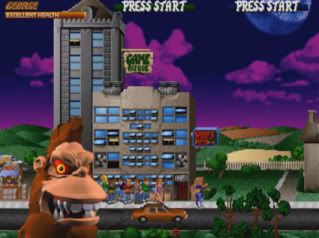
in Rampage, even the fourth wall is smashed to pieces
I can hardly think of any games that are easier to pick up than this baby, so it must be doing something right. Apart from technical bits and pieces, finally owning this game 11 years after my cousins had taken it back to the store, just generates an enormous nostalgia boost.
My newly acquired copy of Rampage World Tour joined my game collection in good company, though. Not long after having saved up enough money for my very own Nintendo 64, on which I spent the, by those standards, astronomical amount of 100 guilders (approximately a measly 40 euros, go figure), I saw George, Lizzie, and one of the new monsters, Curtis, staring at me from a shelve at Toys 'R' Us. This tempting scene found its origin in the box art of Rampage 2: Universal Tour. After reading the description on the back, which mentioned a mutant version of one of my favourite animals, a lobster, I was sold, and with that, the game. I admittedly have no clue what amount of money I spent on it, but by my standards in those days, it was probably equally astronomical as what I spent on the console it was for. Now that I am digging up the memory, I think I actually saw this game in the Toys 'R' Us one day, and only came back later when I had saved up enough money (i.e. when my parents had given me my allowance) to purchase this budget title.
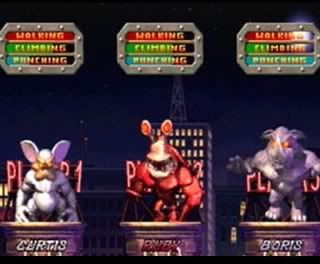
three new mutants, ready to take revenge for Mars Attacks
Was it worth the wait? To use a good American phrase, hell yeah. I beat this game quite a few times, probably on easy with cheats (one of the few gaming habits I actually dropped later on), but at least I got to see all this game had to offer, which was a collection of similar looking cities for me to smash up while hearing the same 5 songs over and over. Yes, Rampage 2 was nearly as generic as I recalled its predecessor to be. Did I care? No. Do I care? Even less. Rampage 2, like all Rampage games, does its job well. And in case you haven't understood this by now, its job is to let you immerse yourself in humerous, mindless violence.
Rampage: Total Compulsion
One gaming habit I never lost, however, is an obsession with owning all the games in a series. It's some inexplicable compulsion that probably has something to do with me cherishing an intense hatred for the feeling that I am missing out on something. Whatever the cause is, I forced myself to go out and purchase Rampage World Tour, but it was nowhere to be seen, at least not for a price I could afford. This was before the internet was big, let alone before purchasing items over the internet stopped being clandestine and obscure. I was condemned to Rampage 2, which wasn't much of a punishment as I enjoyed it zealously.
Maybe it was due to my non-existent standards for video games that I liked this game so much, but my current addiction to this very game seems to suggest otherwise, as nowadays nostalgia is not enough to keep an old game playable for me. Back then I didn't have a lot of money, and whenever I had bought a **** game (which happened quite often), I was stuck with it for at least a month or 2. But even with a Wii and a whole bunch of kickass games, Rampage 2 manages to touch me beyond some vague sense of youthly nostalgia. I admit, whenever I even hear its ****c menu tune, I start to feel all fuzzy, let alone when rampaging through North America as an oversized rat or lobster.
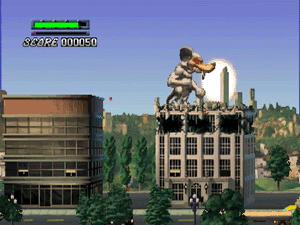
sight-seeing and annihilation never blended so well
No, Rampage 2: Universal Tour is more than that. While being a light-hearted and uncomplex adventure by any means, it is still very playable. It might be weird to state how a game that got below a 5/10 from nearly every professional reviewer passed the test of time, but it did. In combination with me recently experiencing the very bearable graphics of the original Paper Mario, I will have to conclude that 2D(-****) graphics age better than their seemingly superior 3D brothers. While a great game such as Goldeneye looks like **** by any modern standards, Rampage 2 actually looks 'retro', and as you know, retro is the **** Its gameplay is typical Rampage, which means it will be the same in 20 years as it was 20 years ago, and it's loved and hated simultaneously for it.
A motion-controlled obsession
I discovered this upon replaying this game after a hiatus that probably lasted well over half a decade, back in early 2008, when I got my Wii. Seeing as my obsession with getting all games in a series never really left me alone, I checked Wikipedia to see if any sequels were made for it, apart from the Playstation-exclusive Rampage Through Time, which I never got in the absence of a Playstation in my possession (something which had always bothered me). The answer was, again, very American, namely, again, hell yeah. This blessing apparently went by the name of Rampage: Total Destruction, and was released for the Gamecube, the Playstation 2, and... the Nintendo Wii! Luckily for yours truly, the Wii version was the most complete, as it had the most cities, monsters and upgrades, so when I got my Wii in late February 2008, or rather, when I had money again in March 2008, Rampage: Total Destruction was the first game I bought for it, along with Rayman Raving Rabbids.
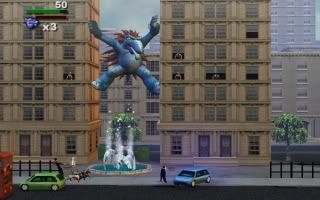
Total Destruction has a good balance between old and new elements
Now, the old love was not only restored, but elevated. Rampage: Total Destruction offered the most fun Rampage experience to date, and for a nostalgic old git like me, that really says something. It had a roster of 40 monsters, as opposed to the one number digits that summarised the monster rosters of previous Rampage games, and it had 3D graphics. It still wasn't the prettiest of games, but the old Rampage spirit was revived in the best way possible. Over-the-top humour, incredible amounts of violence, and tons of futile enemies trying to stop you in your tracks. Oh, the joy.
Rampage: TD didn't just offer the deepest Rampage experience by far (which admittedly wasn't the most unachievable of goals), it had some very interesting bonus content. Firstly, I got to play the original Rampage game for the first time in my life. Initially hitting the arcades in 1986, Rampage looked to me like an extremely primitive rendition of what eventually would turn out to be Rampage World Tour. Even less thought, variation, and moves, but a similar amount of fun.
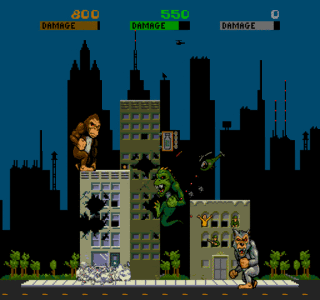
good thing those monsters are destroying those inferior tiles
The fun didn't stop there, though, for my long-lost love Rampage World Tour was included in this game. Yes, I had actually replayed Rampage World Tour before getting it for my Nintendo 64. My purchase of an original N64 copy can best be seen as revenge for the defeat I suffered so many years ago, when I could not convince my cousins to keep/get this simple yet genius game. Finally Rampage World Tour would be played in my very own Nintendo 64, after a wait of nearly 12 years. Being 21 years of age upon writing this, that's a wait of about half my life.
Well, that, and the inability to save my game in the arcade port that was included on the Rampage: TD disc annoyed me a bit.
Time to go Through Time
Now that on a roll (and a rampage), I decided to set things straight once and for all. Being in possession of the charmingly backwards compatible Playstation 2, I could finally get the unreachable love called Rampage Through Time, a direct sequel to Rampage 2: Universal Tour.
Unexpectedly it fell on my doormat. The British eBay seller with which Rampage Through Time swapped owners, had failed to keep me updated on anything regarding the reception of payment, or the sending of the package. I was happy enough to finally hold this game in my hands, however, so I immediately popped it into my Playstation 2, which is not in the best of shapes, and, after a few hits on the reset button, got to experience another interpretation of Midway's arcade ****c.
It potentially has a level similar to that of Rampage 2, but a few inexplicable edits keep this game from fulfilling that potential. Unfortunately, this game has no single player. Yes, you can play it on your own, but you will constantly be accompanied by 2 computer-controlled monsters. After each historical era you have destroyed, sets of levels that vary from being set in Ancient China to the Wild West to World War 2, you will have to play a minigame based on that period in time against your opponents. If you lose that minigame, it's game over for you. This interrupts the fluidity of the gameplay, and that is a disadvantage that can undermine the entire gameplay concept of the series if it happens too often.
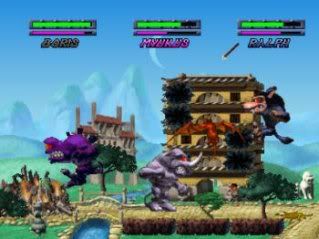
in Rampage Through Time, you get to go Genghis Khan on the Chinese Empire, among other things
Still, Rampage Through Time has some of the most fun levels in all of the Rampage installments, and as one of the few games in the series, it manages to break through the wall of monotony that normally is so akin to it, with tons of well-composed tunes, vastly differing level layouts, and lots of enjoyable minigames that interrupt the normal gameplay in both a good and a bad way.
Spirits of Destruction Past
Now that I own all of the Rampage games, I can fully appreciate the series as a whole, as well as its latest installment. Rampage: Total Destruction contains a lot of references to the previous games. Apart from the obvious return of Scumlabs, the corporation responsible for the mutations that keep causing the world to be destroyed by a bunch of burping monsters, there's the inclusion of V.E.R.N., the secret monster that you could transform into by eating toxic waste in Rampage World Tour, as well as the return of the religious people you can't eat without being rewarded by lightning from above. More subtly, some of the game's new monsters resemble familiar faces from some of the previous installments. Newcomers Eyegore, Wally, and Rhett resemble the veterans Myukus, Harley, and Curtis respectively.
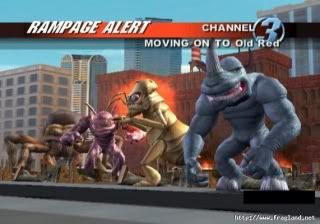
with his Universal Tour and Through Time experience, Boris leads the way for some revolting newcomers
Despite all of these retro boosts, Rampage will never be a celebrated, high quality series, appreciated by the gaming press, nor by a broad public. This is fully understandable, seeing as Rampage has a tradition of being technically obsolete, as well as incredibly monotonous and simple. Herein also lies its strength, however. The Rampage games are easy to pick up, regardless of how many years have passed. Even after the introduction of HD consoles with incredible graphics, the old Rampage games can still be played by those who know how to appreciate the arcade ****cs for what they are. Be they a relief from more immersive games, just incredibly fun, or even a guilty pleasure, Rampage games get their true appreciation from fans willing to look past their shortcomings.
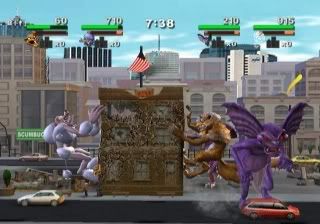
Vern rejoices as his partners in crime indulge in totally destroying the world one nation at a time

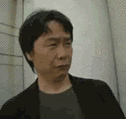


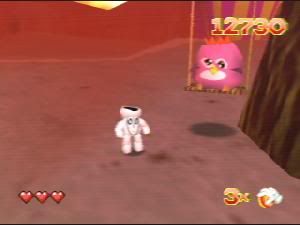
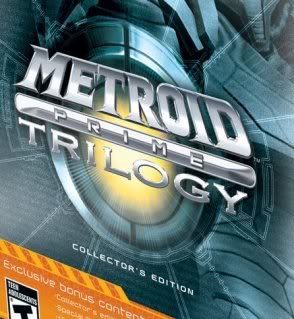
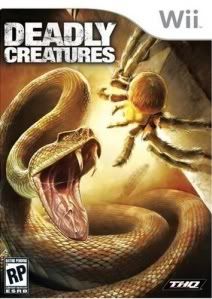
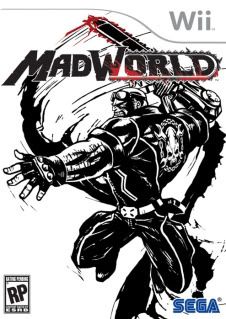
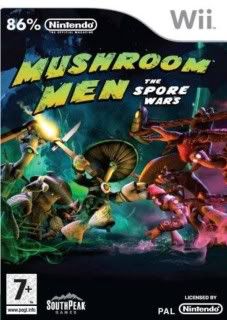
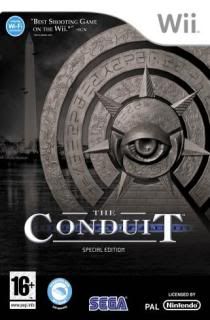










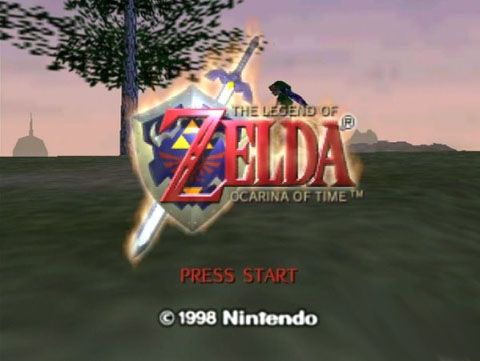
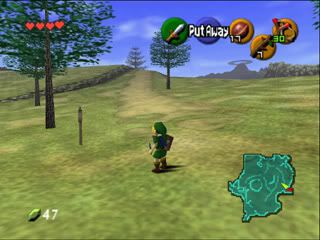
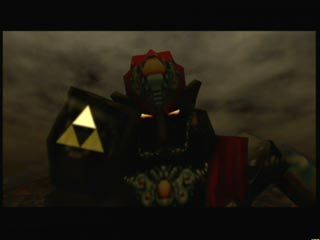






Log in to comment